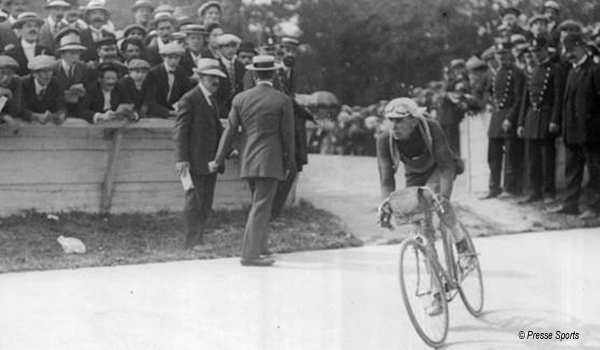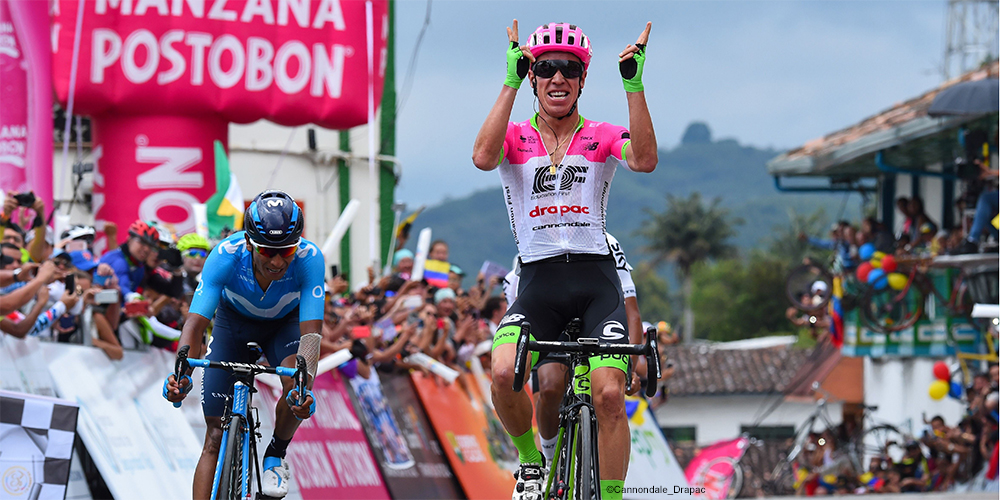
Far behind riders of the stature of Eddy Merckx, Bernard Hinault and Mark Cavendish, in the history of the Tour de France there have been almost three hundred men who only got a fleeting taste of glory. As the countdown to the start of the race on 7 July continues, letour.fr is retracing the steps of 10 champions who clinched a single stage win. Back in 1914, a rising star by the name of Emile Engel claimed the stage to Brest just a few days before being taken out of the race… and just a few weeks before giving his life for France in the Battle of the Marne.
Emile Engel went into the 1914 Tour firing on all cylinders. Just one year earlier, he had finished 10th in his debut. His potential earned him protected rider status in the great Peugeot team led by stars of the calibre of Jean Alavoine, Eugène Christophe, François Faber, Gustave Garrigou, Firmin Lambot, Henri Pélissier and Philippe Thys! 24-year-old Émile stood out as a powerful rouleur and a great sprinter, all in one. His future seemed bright… but fate can be cruel. He had more than his fair share of punctures and bad luck. In 1912, for instance, a crash with a dog cost him the chance to fight for the French national championship, which he was targeting that year. Yet even the rain that drenched the peloton at the start in Cherbourg on 2 July 1914 could not stop Engel from getting his first taste of glory after 405 kilometres and 15 hours on the saddle. He brought his big thighs, elbows and shoulders to bear to win a 14-man sprint in Brest.
Out of the race
It could have been a watershed moment for Emile Engel, but as fate would have it, that stage win became the zenith of his career. The first blow came in Marseille a few stages later. Photo-finish technology was still decades away and race officials were unable to determine who had won the sprint in the velodrome. They therefore decided to hold a semifinal and a final, in which Engel hit the floor due, to a certain extent, to teammate Oscar Egg. The officials did not like the furious tone in which Emile complained and disqualified him right away. Yet the worst was yet to come. The rider from Colombes was sent to the front as a corporal in the 72nd Infantry Regiment. Barely two months after his triumph on the edge of Finistère, Engel was killed in action after receiving a shot in the abdomen during the Battle of the Marne, on 10 September 1914. His older brother, Louis Engel, was lucky enough to survive the war and continue his career until 1920, but he never took part in the Tour de France again. Emile’s victory in Brest remains the family’s most prestigious win.



